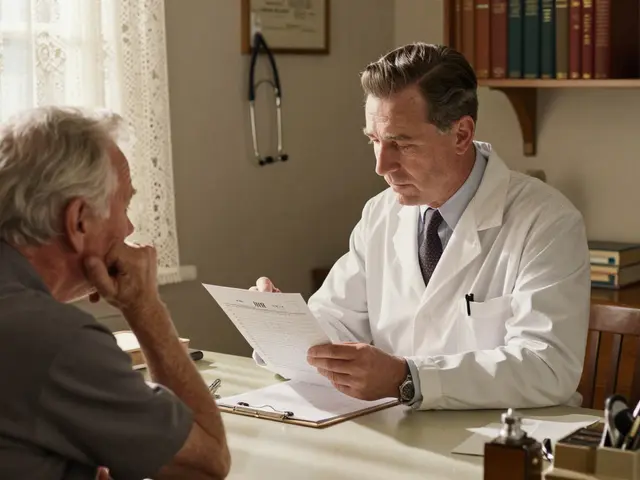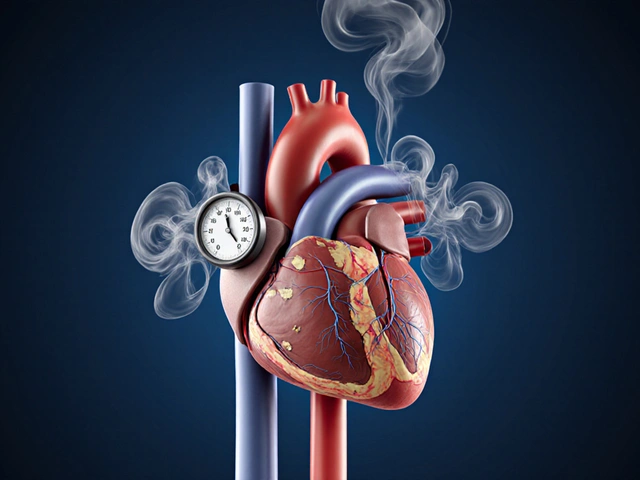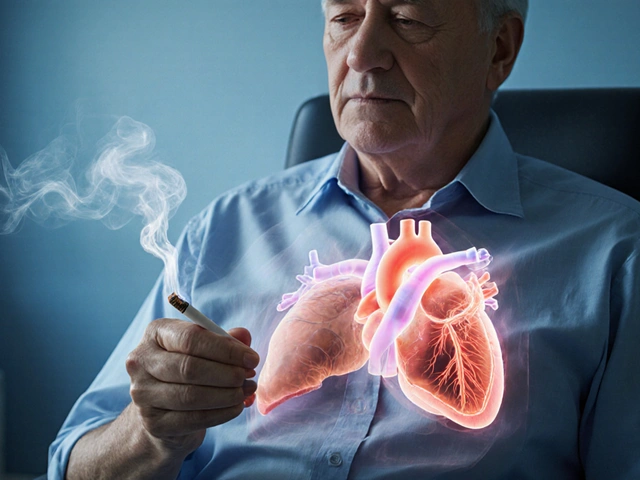Depression medication: what to expect and how to choose
Antidepressants usually take 4–6 weeks to show real benefit, so patience matters. If you’re starting treatment or thinking about a change, knowing the main drug types and common side effects helps you feel more in control.
How antidepressants differ
SSRIs (like sertraline, fluoxetine) are the most prescribed. They increase serotonin and often cause nausea, mild insomnia, or low libido at first. SNRIs (venlafaxine, duloxetine) boost serotonin and norepinephrine; they can raise blood pressure in some people and cause sweating or headaches.
Bupropion (Wellbutrin) works differently — it helps energy and focus and rarely causes sexual side effects, but it can increase anxiety in some and isn’t used if you have a seizure disorder. Tricyclics are older, effective for severe depression, but often give dry mouth, constipation, or drowsiness. MAOIs are less common now because they need strict diet limits and can interact badly with many drugs.
Sometimes an antipsychotic or mood stabilizer is added when depression is severe or doesn’t respond to one drug. Each choice balances benefits, side effects, your health history, and other meds you take.
Practical tips for starting, changing, and stopping
Tell your doctor about current meds, alcohol use, pregnancy plans, and past reactions to medicines. That avoids dangerous combos like mixing MAOIs with certain supplements or causing serotonin syndrome when two serotonergic drugs are combined.
Keep a simple symptom diary: mood, sleep, appetite, and any side effects. That helps your clinician decide whether a dose change or a new drug is needed. If you feel worse, have new suicidal thoughts, or notice sudden mood shifts, contact your provider right away.
Don’t stop or change doses suddenly. Many antidepressants need a gradual taper to avoid withdrawal symptoms like dizziness, vivid dreams, or flu-like feelings. Your prescriber should give a clear taper plan and follow-up schedule.
Combining medication with therapy (CBT or behavioral therapy) often gives faster, longer-lasting results than meds alone. Lifestyle moves—regular sleep, small daily walks, and cutting back on booze—also help treatment work better.
If cost or access is an issue, ask about generic options, patient assistance, or trusted online pharmacies with valid prescriptions. Avoid sites that sell controlled meds without a prescription — those are risky.
Finally, expect some trial and error. Finding the right depression medication can take time, but clear communication with your prescriber, tracking symptoms, and following safety steps make that process much easier and safer.

Remeron: Uses, Side Effects, and Tips for Safe Treatment
Everything you need to know about Remeron (mirtazapine): how it works, side effects, practical tips, and why it's different from other depression medications.
MedicationsLatest Posts
Tags
- online pharmacy
- medication safety
- generic drugs
- medication
- dietary supplement
- side effects
- online pharmacy UK
- drug interactions
- mental health
- impact
- online pharmacies
- statin side effects
- dosage
- generic vs brand
- pediatric antibiotics
- antibiotic side effects
- skin health
- health
- pain relief
- dietary supplements




